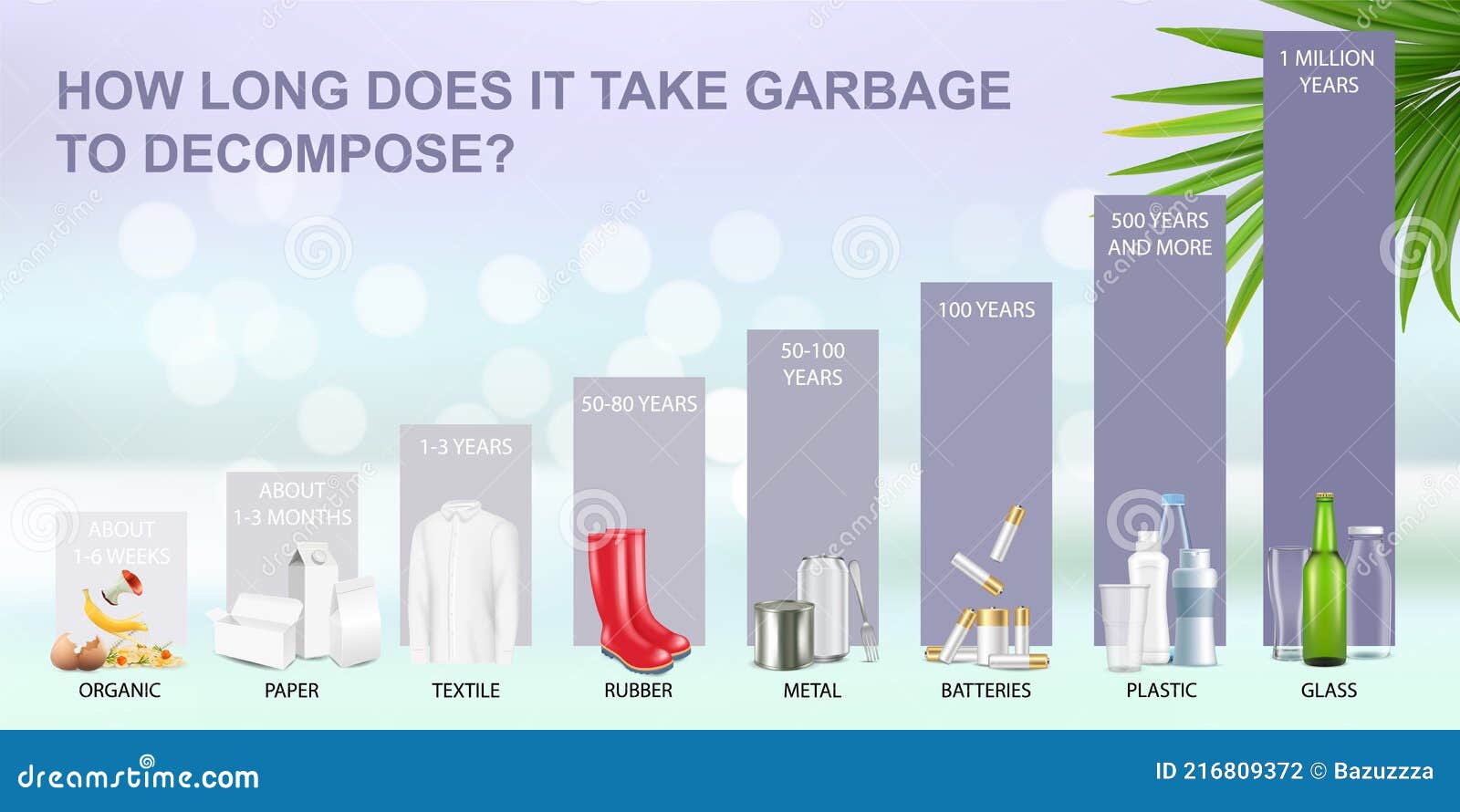
How Long Does It Take to Get a Minor?
As a college student, I constantly found myself asking the question, “How long does it take to get a minor?” after being fascinated by the diverse range of subjects I encountered. Whether it was the intricate world of history, the elegance of mathematics, or the beauty of the arts, each subject seemed to hold a treasure trove of knowledge that beckoned me to explore further.
The allure of minoring in a subject other than my major became too irresistible to ignore, prompting me to delve into the intricacies of college minors. Through careful research and conversations with professors and advisors, I discovered that the journey to acquiring a minor is not only a matter of time but also of passion, dedication, and rigorous coursework.
What Is a Minor?
Before we embark on our exploration of the timeline to acquiring a minor, let us first establish a clear understanding of what constitutes a minor in the realm of higher education. A minor, in essence, is a secondary area of study that complements one’s major field of study. It involves completing a set of courses within a specific discipline, typically comprising 15 to 25 credit hours, depending on the institution’s requirements and the minor’s particular focus.
The Timeframe: A Journey of Exploration and Discovery
The duration of your minor journey will vary depending on several factors, including the number of credit hours required, your course load capacity, and your dedication to completing the coursework. In general, most minors can be completed within two to three semesters (or the equivalent in quarters), assuming you take approximately three to five courses per semester. This timeline is ideal for students who plan to complete their major and minor simultaneously.
However, if you are pursuing a minor alongside a double major or have a particularly demanding academic schedule, you may need to allocate more semesters to ensure a manageable workload. The key is to strike a balance that allows you to fully engage with your coursework while maintaining a healthy academic rhythm.
Recent Trends in Minor Programs
The landscape of minor programs has witnessed notable shifts in recent years, reflecting the evolving needs of students and the dynamic nature of the job market. Many institutions have expanded their minor offerings, recognizing the value of interdisciplinary knowledge and skills in today’s interconnected world.
Furthermore, there has been a growing emphasis on minors that complement emerging fields and industries. Minors in data science, sustainability, and entrepreneurship have gained popularity as students seek to enhance their marketability and stay abreast of the latest advancements in their fields.
Tips and Expert Advice for a Successful Minor
Based on my personal experience and interactions with faculty and career counselors, here are some practical tips and expert advice to help you navigate your minor journey:
- Choose a minor that aligns with your interests and career aspirations. Your minor should be an extension of your passions and complement your future goals.
- Plan your coursework strategically. Meet with your academic advisor to discuss the course sequence and identify any potential scheduling conflicts.
- Seek support from professors and teaching assistants. Attend office hours, participate in discussions, and don’t hesitate to ask for guidance when needed.
By following these tips, you will not only increase your chances of success in completing your minor but also enhance the value and depth of your overall academic experience.
FAQs on Minors
- Q: Can I declare a minor at any time during my undergraduate studies?
A: Yes, you can typically declare a minor at any point during your undergraduate career, although it is advisable to do so early on to allow ample time for completion. - Q: How do I know if I am eligible for a particular minor?
A: Consult with your academic advisor or the department offering the minor to determine any prerequisites or eligibility requirements. - Q: Can I complete a minor online or through independent study?
A: The availability of online or independent study options for minors varies from institution to institution. Check with your university’s academic policies and the relevant department.
Conclusion
The pursuit of a minor is an enriching endeavor that can enhance your academic journey, broaden your knowledge base, and strengthen your professional skill set. While the time it takes to complete a minor may vary, the rewards of this intellectual exploration are immeasurable. Embrace the opportunity to delve into a new field, challenge yourself academically, and discover the transformative power of interdisciplinary learning.
Are you intrigued by the prospect of adding a minor to your academic repertoire? Let us know in the comments below!

Image: www.all-bodybuilding.com

Image: builtwithscience.com
How Long It Takes To Build Good Credit Mar 24, 2023On March 24, the Department of State updated the processing times for U.S. passport applications. Routine processing will take 10-13 weeks and expedited processing, which costs an additional $60, will take 7-9 weeks. These new processing times only apply to new applications submitted on or after March 24. Processing time begins the day we receive […]